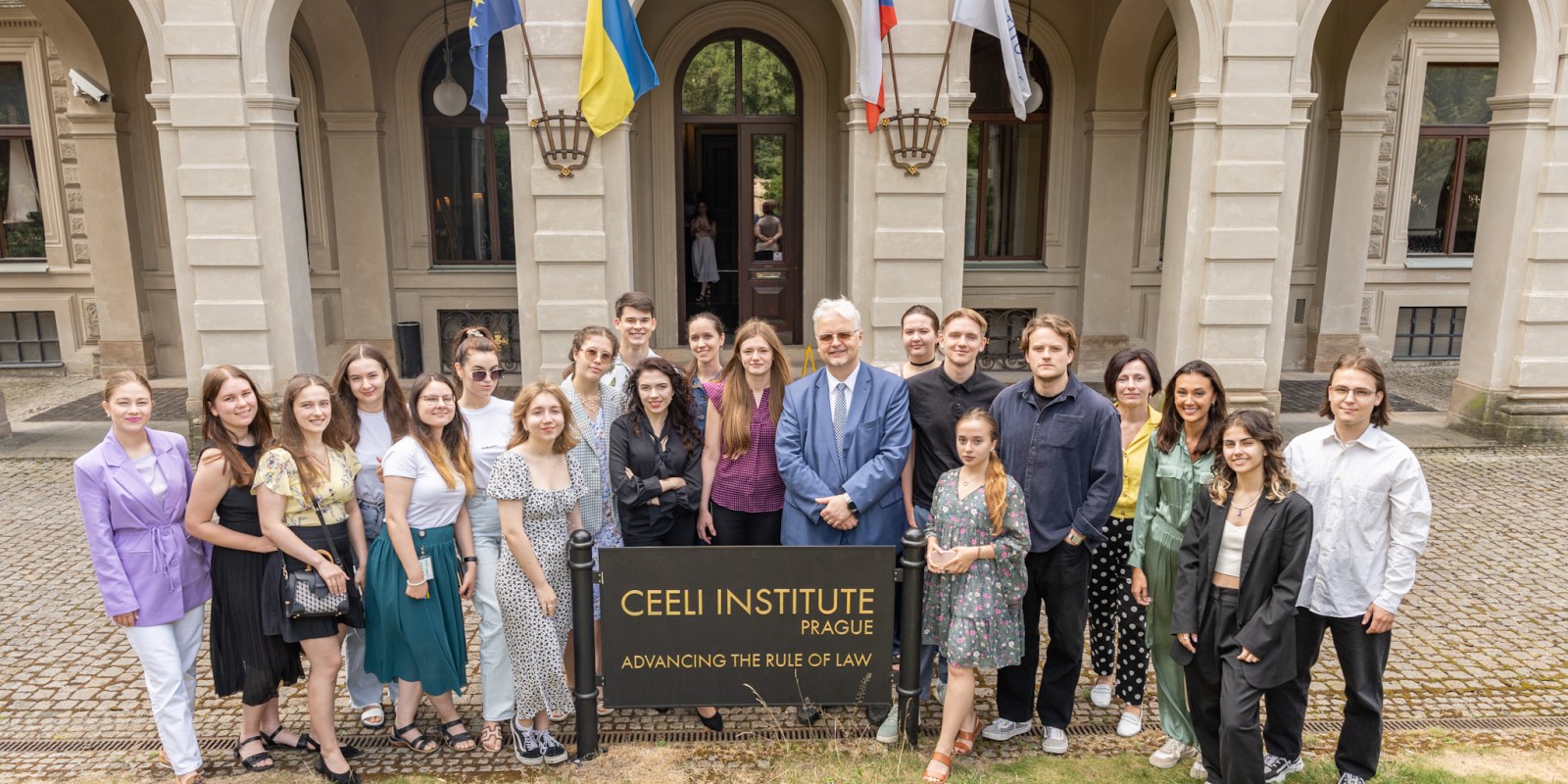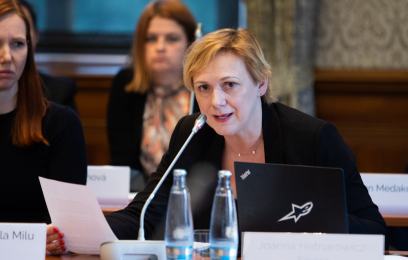
Why this matters...
Providing training and support to lawyers is central to the CEELI Institute’s mission, especially in countries where the rule of law is threatened, and lawyers are the only legal profession upholding its standards. In addition to offering anti-corruption training, we work with lawyers to improve their advocacy skills and ability to safeguard their profession’s independence when threatened.


